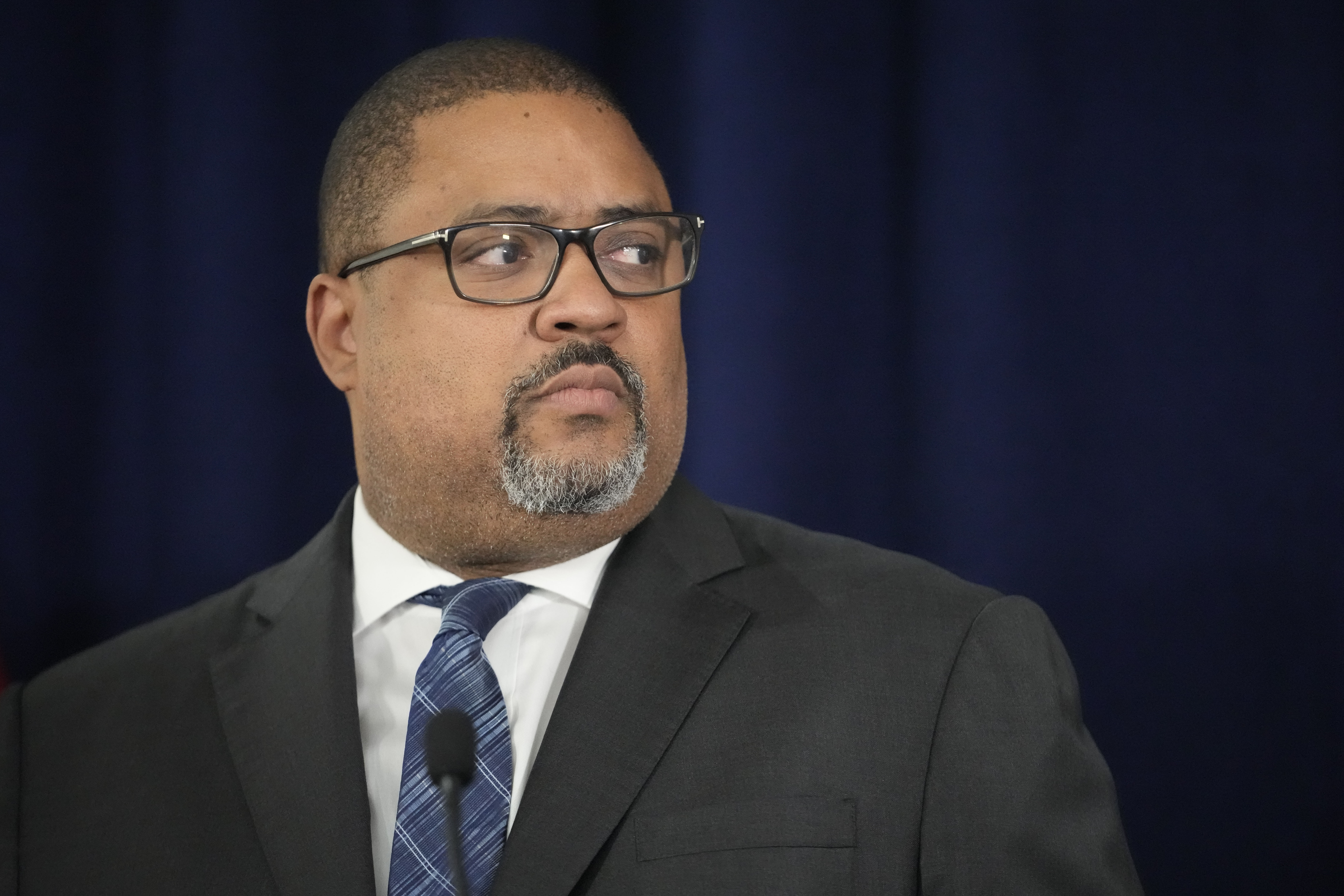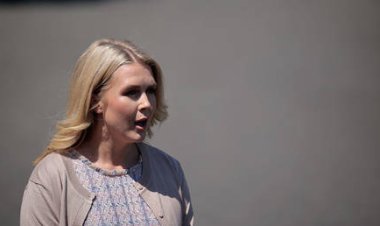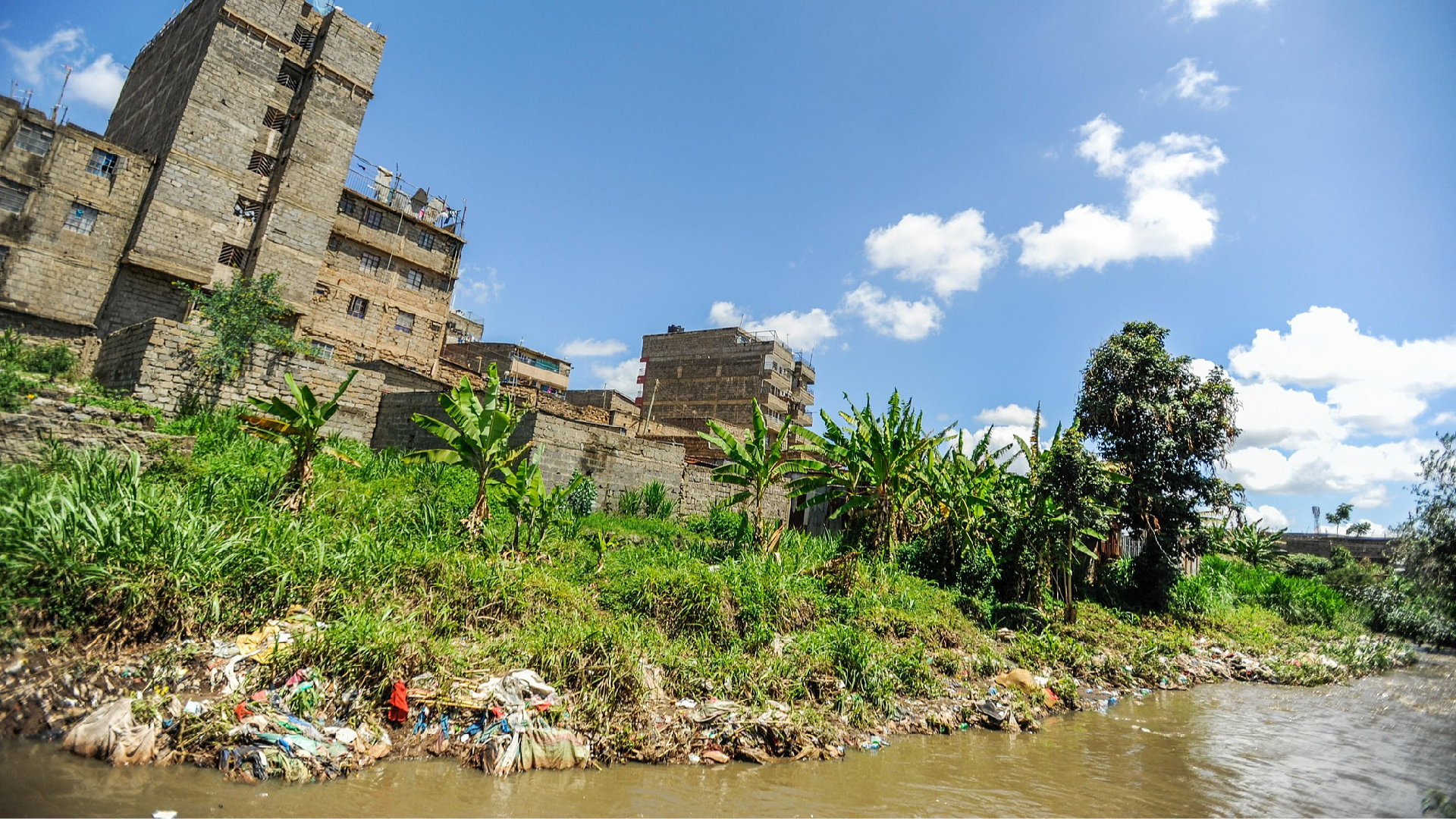Trump is trying to use campaign to dodge criminal consequences, Manhattan DA says
Prosecutors in Trump's hush money case shot back against Trump's bid to get the charges dismissed.


NEW YORK — Prosecutors from the Manhattan district attorney’s office accused Donald Trump of trying to use his presidential campaign to shield himself from prosecution, saying in a new court filing that his effort to dismiss his criminal case over hush money payments is “essentially an attempt to evade criminal responsibility” merely because he is “politically powerful.”
“Defendant repeatedly suggests that because he is a current presidential candidate, the ordinary rules for criminal law and procedure should be applied differently here,” prosecutors from Manhattan District Attorney Alvin Bragg’s office wrote in the 99-page document. “Courts have repeatedly rejected defendant's demands for special treatment and instead have adhered to the core principle that the rule of law applies equally to the powerful as to the powerless.”
Prosecutors filed the court papers in response to Trump’s October motion to dismiss the criminal case, which his lawyers wrote “has prejudiced President Trump and the public by interfering with his presidential campaign.” The former president’s lawyers, Todd Blanche and Susan Necheles, also denounced the prosecution as “delayed,” and criticized the timing of the charges, saying they stemmed “from a grand jury investigation that commenced approximately ten weeks after President Trump announced his candidacy.”
In the New York case, Trump is charged with 34 felony counts concerning his alleged falsification of business records connected to hush money payments made to silence affair allegations from porn star Stormy Daniels during the 2016 presidential campaign. According to the indictment, Trump directed that reimbursements made to former Trump lawyer Michael Cohen for money he paid Daniels be falsely recorded as legal expenses in the Trump Organization ledgers.
Trump has pleaded not guilty and is set to face trial in late March 2024.
In their filing, prosecutors accused Trump of being disingenuous about the effect of the case on his campaign, saying “the claim of any campaign impairment is undermined by defendant's frequent public pronouncements that the indictment has strengthened his candidacy.”
And they laid out a lengthy justification of the timing of the investigation and eventual charges, attributing the timing to a variety of factors, including an extension of the statute of limitations on the charges due to an executive order by the governor during the Covid-19 pandemic, Trump’s absence from the state while he was president and their effort to pause the inquiry shortly after it was opened in 2018 to accommodate a investigation into the same conduct by the Manhattan U.S. attorney’s office, “which the People did not want to undermine by conducting a concurrent state investigation.”
In response to Trump’s allegation that he is being “selectively targeted” by Bragg, prosecutors dismissed his argument that their office declined to investigate what the former president’s lawyers described as similar conduct by Hillary Clinton’s 2016 presidential campaign when it “improperly booked campaign expenses as legal payments in connection with the hiring of a research firm to prepare the so-called ‘Steele Dossier.’”
“[T]his example is not remotely similar to the facts here,” prosecutors wrote.
They also described as “fanciful” his accusation that Bragg succumbed to public pressure to prosecute Trump after a former prosecutor in the district attorney’s office, Mark Pomerantz, quit and wrote a book expressing his frustration with what he described as Bragg’s reluctance to pursue charges related to their investigation.
In the filing, prosecutors wrote that they began presenting the case to the grand jury one month prior to the publication of the book and that “this investigation was the subject of extensive public commentary advocating both in favor of and against a prosecution.”
Because of that, prosecutors wrote, it is impossible to conclude that Bragg was swayed by Pomerantz’s book or the public reaction to it.
And the district attorney’s office sought to defend an element of the case that legal experts have debated: whether prosecutors can connect the hush money payments to a federal election under the theory that the payments constituted an illegal campaign donation.
Bragg’s office must show that Trump’s actions were taken with the intent to commit or conceal another crime in order for the falsification of business records charges to be elevated from misdemeanors to felonies.
Trump’s lawyers disputed that prosecutors can use the alleged federal election law violation as the secondary crime he sought to commit or conceal, pointing out that Pomerantz wrote that “No appellate court in New York had ever upheld (or rejected) this interpretation of the law.”
But prosecutors argued that, in at least six other recent instances, their office has charged felony falsification of business records based on the intent to commit or conceal a federal crime.
“[T]he conclusion that a federal offense can be a valid object crime is supported by this Office's longstanding practice of charging first-degree falsifying business records where the defendant intended to commit or conceal a federal crime.”












